
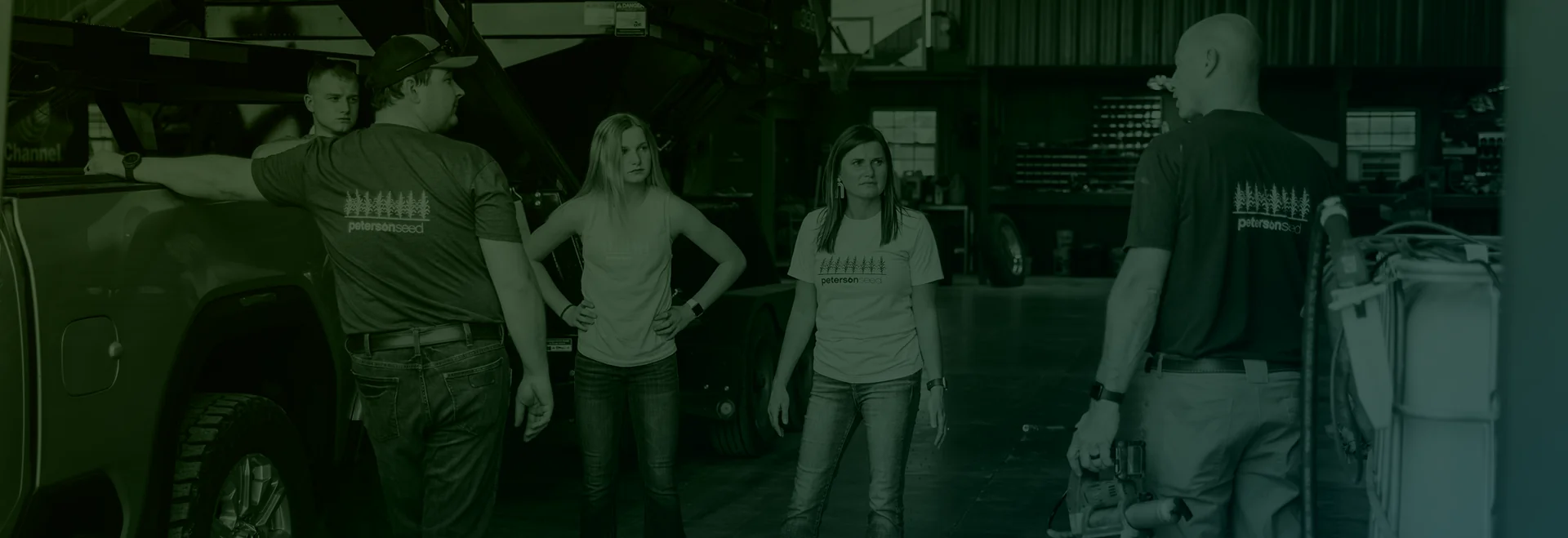
A growing segment of non-operating farmland owners presented unique communication and transparency challenges for the farmers who lease those acres. Defined as a landowner who does not directly operate a farm and lives more than 100 miles from the acreage, absentee landowners represent the ownership of more than 80% of the contiguous States’ rented farm acres.
Often differing objectives and goals for the land present a barrier in communication between absentee landowners and the caretaker-farmers who hold the lease. These differences can ultimately impact the health of long-term farmer-landowner relationships and the success of production and conservation practices.
Starting a new lease off on the right foot is beneficial for both the landowner and farmer and can be achieved by aligning goals and establishing a transparent relationship built on honesty and trust.
One of the most straightforward methods to maintain transparency is through regular updates and reports. These can include information on cropping plans, soil health, pest management strategies, and any other relevant agricultural activities. By providing absentee landowners with detailed reports, farmers can demonstrate their commitment to sustainable land management and profitability. Digital ag tools and platforms can facilitate this communication, allowing for real-time updates and access to information.
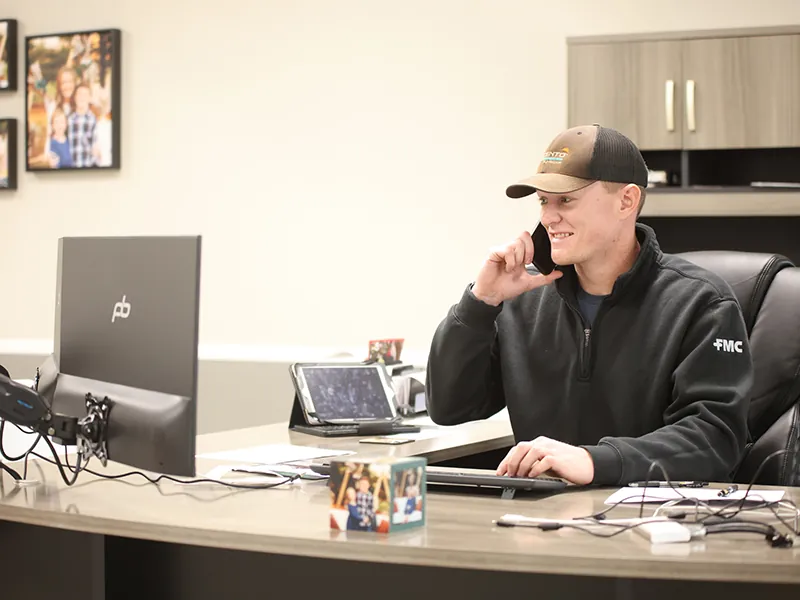
Financial transparency is crucial in any business relationship, including between farmers and absentee landowners. This includes clear accounting of revenues, expenses, and sharing detailed financial statements regularly. It’s important to discuss and agree upon the format and frequency of these financial reports beforehand. This practice not only builds trust but also ensures both parties are aligned on the financial health and performance of the farming operations.
Leveraging technology can significantly enhance transparency between farmers and absentee landowners. With inputs skyrocketing and commodity prices on the decline, showing the ROI of every input has never been more important in the maintenance and security of farmland leases. Tools such as satellite imagery, drone imagery, and precision agriculture technologies provide absentee landowners with a near real-time, bird’s eye view of the investment a farmer is making in the land, showcasing the care and effort put into a management strategy. Additionally, digital platforms can facilitate easier sharing of documents, reports, and other vital communications.
Involving absentee landowners in decision-making processes can further cement a transparent relationship. This doesn’t mean they need to make day-to-day decisions, but rather be involved in significant decisions that affect the long-term sustainability and profitability of the farm. Whether it’s investments in infrastructure, changes in cropping systems, or sustainability initiatives, having open discussions ensures that both parties’ values and objectives are aligned.

Nothing replaces the value of face-to-face interaction. Inviting absentee landowners for onsite visits and holding regular meetings can provide them with firsthand experience of farming operations and the opportunity to meet with the people directly involved in managing their land. These visits can be an excellent opportunity for farmers to showcase their hard work, discuss future plans, and address any concerns the landowners might have.
Building a transparent relationship with absentee landowners is not just about sharing information; it’s about building trust, aligning objectives, and ensuring the long-term sustainability of the land and farming operations—your farming operation. By implementing these top-five strategies, a farmer can foster a positive and productive long-term relationship with their absentee landowners.
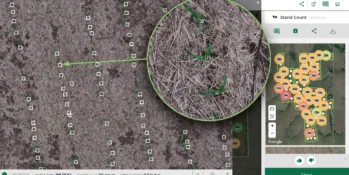
When you sit down with the links in the crop season value chain to learn what worked and what didn’t, you can’t help but gain insight into management opportunities for the next growing season. That’s the goal of every Taranis retailer-farmer relationship and exactly what was highlighted in a recent CropLife hosted webinar.
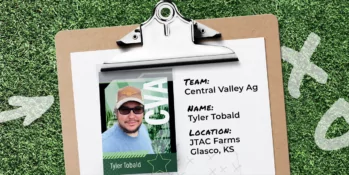
If you’re a fan of TikTok, Tyler Tobald of JTAC Farms does a great job of breaking through the marketing to give honest on-farm reviews. The young musician-turned-farmer lends a unique perspective to his family’s farming operation that includes capitalizing on out-of-the-box opportunities and practices with a focus on technology.
“Dr. TikTok,” as our host, Mike DiPaola, Chief Commercial Officer, jokingly refers to Tobald, has been making waves on the social channels and, in doing so, inadvertently sharing a message that is near and dear to the Taranis mission: making agriculture better by bringing small communities together through information and using service to bring people closer.
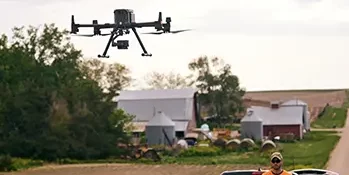
Because we are one of the nation's largest drone operators in agriculture, we often are asked, "Is it legal for drones to fly over my farm?"